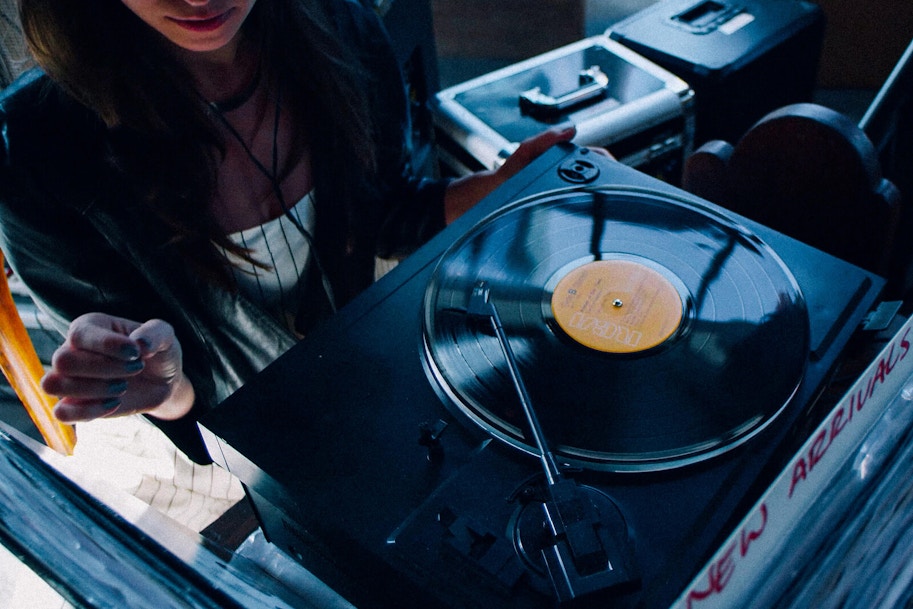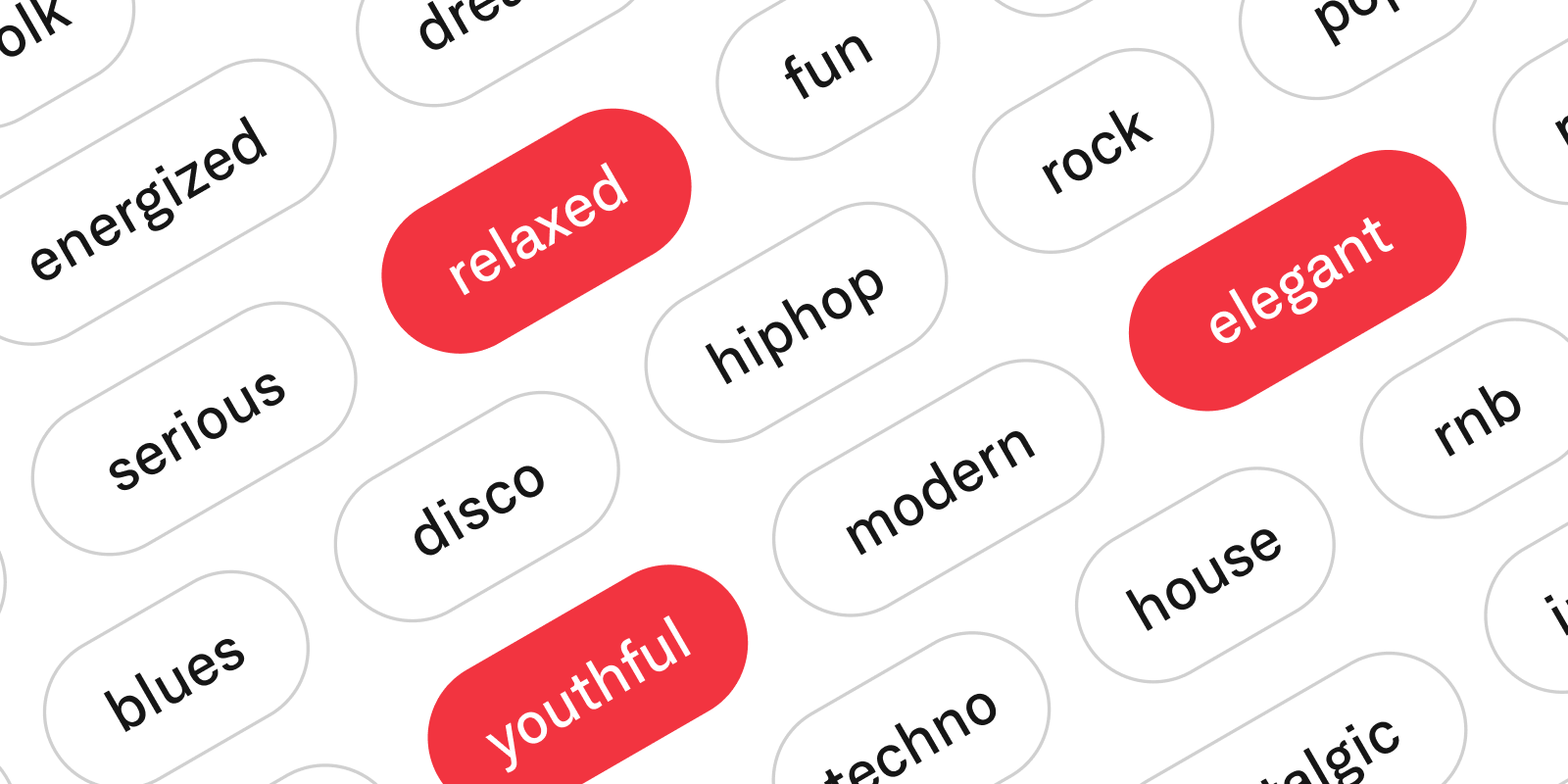Guide
How to pick the best music genre for your business

Music genres used to be so easy. There was hard rock and pop and then a few more. But music and artists keep evolving and keep pushing boundaries.
Posted on February 16, 2022
Today, some claim there are more than one thousand genres with incredible names like skronk, retro-nuevo, and forest psy. At Soundtrack we stick to 30 basic genres. But why talk about genres at all? Isn’t great music just music? What’s the point?
The idea divvying up music into genres came about in the early 1900s. The first radio stations figured out that advertisers would pay more if they could reach a specific audience. And so, the idea of categorizing music into formats, such as “popular music” and “country music” was born.
That idea—to use music to reach a specific audience—is still alive and well today. And you can make it work for you in your business.
Here are 6 tips to picking your genre:
1. Understand your audience
The first thing you should figure out is—what music genre would your typical guest or customer want to listen to? Or, what does the customer you want to visit your place of business listen to?
2. The broader the genre, the broader the audience
If you want to communicate with a broad audience, choose a broad genre. But keep in mind that subgenres seem to have a bigger cultural impact. If your target group is very precise and narrow, you’ll have a bigger chance of reaching out to them by playing something they can connect to on a personal level.

3. Mix it up with sound tags
Once you picked your genre, make the most out of it by using sound tags. That will make the music even more precise and on point.
4. Genres are dynamic
Music evolves. So does our perception of genres. And the same goes for artists who often explore multiple genres. Rihanna has covered Tame Impala, Skrillex has produced Justin Bieber. And Taylor Swift, who started out as a country artist, is now conquering pop charts all over the world.
5. Understand regional differences
Genres that are popular in one place may be unknown in another place. Country music, to take one example, is one of the most popular genres in the U.S. But outside of America, it can be perceived as quirkily foreign and out of context.
6. The hidden cultural value words
Every genre has its own culture and its own vocabulary. That means that words mean different things in different genres. Words that are offensive in one genre may be harmless in another one.
Don’t be afraid to play around with different combinations. Once you’ve hit the sweet spot, you’ll have created the perfect soundtrack for your brand. Happy genre hunting!
Ready to try it out?
Try out Soundtrack Unlimited risk free for 14 days. The trial lets you do just about everything we just covered, you don’t need a credit card to sign up, and there’s no obligation to stay on after.
Related articles

Complete guide to the best sound system setup for your business

Background Music for Retail Stores: How to Select the Right Music

How to Legally Play Music in Your Business

Business Music Streaming – How To Choose the Right Service

Best Music Streaming Service for Restaurants

7 Steps to Create the Perfect Background Music for Business